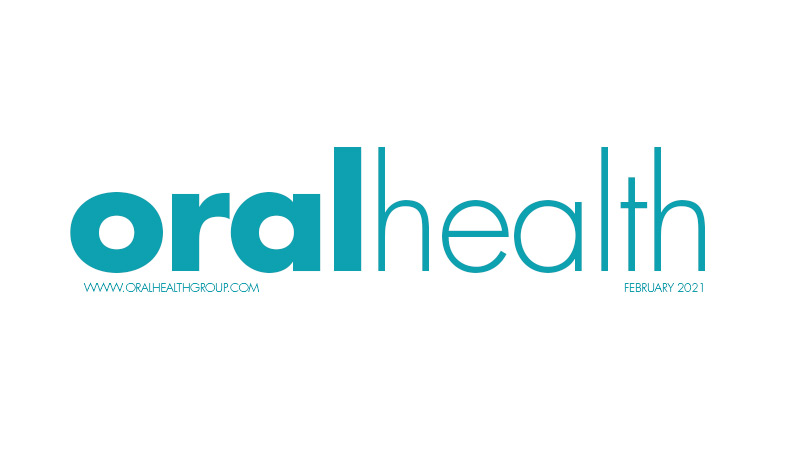“It’s been too hard living/But I’m afraid to die/’Cause I don’t know what’s up there/Beyond the sky” – A Change Is Gonna Come by Sam Cooke.
According to Bill Bryson’s book, The Body, there are about 8,000 things that can kill us. Of course, only one cause has to succeed, and at least one will eventually. The potential cause of death that has the world’s focus right now is COVID-19, but the other causes of death haven’t gone away (although influenza numbers are way down). Our efforts to survive this pandemic (there will be others) has changed many things in our professional and personal lives. Some “important” things have faded away a bit, like going out to the movies, while other formerly “unimportant” things have seen their stocks rise, like virtual meeting technologies. The coincident timing of our lockdowns with notable acts of racial prejudice, specifically the murder of George Floyd, have created “perfect storm” conditions for societal change on anti-Black racism.
Two diseases that should not kill me are COVID-19 and anti-Black racism. There are some commonalities between the two. I am aware of both problems. I know that they are both contagious, complex, and insidious. I know that they both tend to operate in hotspots. I know that they both can injure. I know that they both can kill. I know how to protect myself from some of their risks. In both cases, protection requires action, action is required, and actions are being taken. The changes that we are making are indicative of us gearing up for battle. If you intend to fight, then you should prepare to win.
In the battle against COVID-19, if you have chosen to continue to practice, then you have acquired upgraded PPE and improved your office’s air circulation and adjusted your appointment times and all but eliminated your waiting room. You screen your team members and your patients to try to make sure that the virus is not transmitted through your office. If enough people do that in enough places and if the vaccines are effective, we will be able to speak about this pandemic in the past tense. We will win.
In the battle against anti-Black racism, there are more fronts to consider. One of the things that makes viruses difficult to combat is that at a level, you must attack part of yourself. That means that there will always be a personal price to be paid. It seems to me that the same is true of the fight against anti-Black racism. Just as we are all hosts to trillions of microbes living on us and in us, we are also all (all!) hosts for anti-Black racism. It is part of our society’s genetic code. Feel free to fact-check me on education statistics or on incarceration or on COVID-19 incidence and outcomes. The embedded nature of anti-Black racism doesn’t mean that we should accept and ignore this part of our code. Since it has been identified, we should work to engineer it out. This fight will not be an easy one, but we can win.
It isn’t in any of us individually to create a COVID-19 vaccine, but that doesn’t mean that we don’t have important roles to play in the fight. For now, wear a mask, keep your distance, and wash your hands. It isn’t in any of us individually to change the systemic attitudes and policies that allow anti-Black racism to continue to thrive, but each of us can do our part. For now, be more attentive of your surroundings and your actions, then reflect and act. You probably aren’t a Central Park Karen, so it may be difficult to identify changes that you can take to help. But that’s where it starts, with you, consider what you think and what you say (preferably before you say it).
Remember, I said that we are all hosts for anti-Black racism. Sometimes people who are classified as BIPOC feel that they cannot be racist by virtue of the logic that you cannot be an oppressor if you are oppressed. There is work for all of us to do. As an example, Jamil Jivani, Ontario’s advocate for community opportunities and a Black man has been accused of anti-Blackness by some Black people because of his conservative views. An article from last July by The Globe and Mail’s race and ethnicity reporter (a woman of colour) was particularly telling. Or there’s the podcast, Black Tea, hosted by a Black woman and a Black man, which has a dedicated segment called “Spilling the Tea”. Often the tea is “spilled” on a Black person who has somehow done something that does not “correctly” represent Blackness. One episode harshly criticized the Black authenticity of actor/writer/producer/director Tyler Perry’s projects. I understand that these are opinions, to which everyone is entitled; the problem is that positions are often put forward as facts. I have been involved in how-Black-are-you challenges from Black people, and I haven’t enjoyed them. My lack of enjoyment aside, the confrontation left me with some things to work on personally. I have chosen to see these challenges as opportunities. I’m reading more, I’m listening more, I’m watching more closely, and I’m speaking less but more directly. I’m no expert on race relations (or on COVID-19) but I’m trying to do my part.
As we say goodbye to the annus horribilis that was 2020, challenges and opportunities await us in 2021. There’s no going back. But take heart, all pandemics end. Other fights will remain or emerge. Get ready to face the challenges, take advantage of the opportunities, and prepare to win!
About the Editor
Peter Nkansah is a Dentist Anesthesiologist with a private practice in Toronto. He is a member of the editorial board for Oral Health, an Assistant Professor at the University of Toronto’s Faculty of Dentistry and Past-President of the Canadian Academy of Dental Anesthesia.


